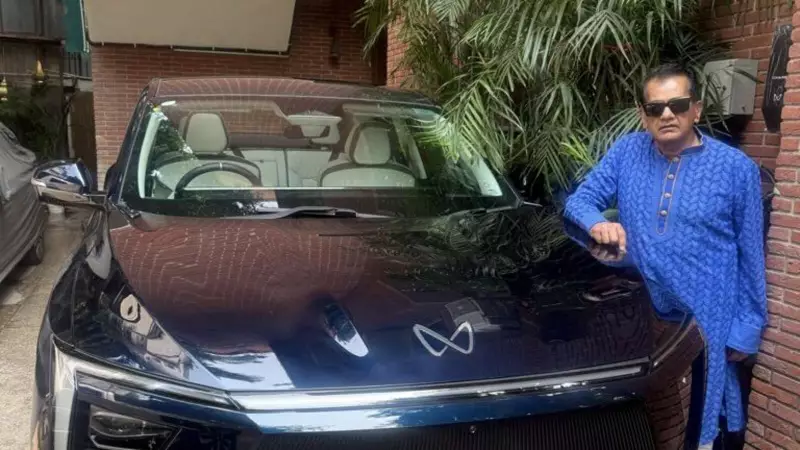
In a surprising revelation that's making waves across India's automotive sector, Amitabh Kant, the former CEO of NITI Aayog, has disclosed his significant shift from German luxury carmaker BMW to homegrown automaker Mahindra for his electric vehicle needs.
The EV Switch That's Turning Heads
Kant, who previously owned a BMW, was all set to purchase another vehicle from the German manufacturer when he made the unexpected decision to opt for Mahindra's soon-to-be-launched XUV9 electric SUV instead. This move comes at a time when the senior bureaucrat is facing scrutiny from the Lokpal, India's anti-corruption ombudsman.
Make in India Influence
The decision highlights the growing appeal of domestically manufactured electric vehicles among Indian consumers, even those who traditionally preferred international luxury brands. Kant's switch serves as a powerful endorsement for Mahindra's electric vehicle ambitions and the broader "Make in India" initiative he helped champion during his tenure at NITI Aayog.
Mahindra's Electric Ascent
Mahindra & Mahindra has been aggressively expanding its electric vehicle portfolio, with the XUV9 positioned as a flagship offering in the premium SUV segment. The company's electric vehicles have been gaining significant attention for their design, technology, and performance capabilities that rival global competitors.
Broader Implications for Indian EV Market
This high-profile endorsement comes at a crucial time for India's electric vehicle ecosystem:
- Growing consumer confidence in domestic EV manufacturers
- Increasing competition in the premium electric SUV segment
- Policy momentum supporting electric mobility adoption
- Technology maturation of Indian automotive companies
The timing of Kant's revelation, amid ongoing Lokpal proceedings, adds an additional layer of significance to his automotive choice, though he hasn't explicitly linked the two developments.
Market Response and Industry Impact
Industry experts suggest that such high-profile switches could accelerate the adoption of electric vehicles in India, particularly in the premium segments where international brands have traditionally dominated. The move also signals the increasing competitiveness of Indian automakers in the global electric vehicle race.
As India continues its transition toward sustainable mobility, decisions like Kant's could inspire more consumers to consider domestic electric vehicle options, potentially reshaping the country's automotive landscape in the coming years.





